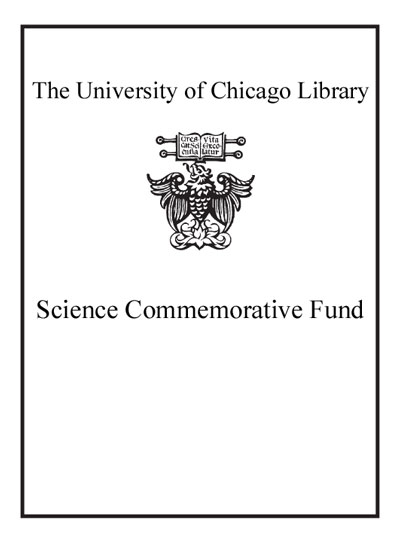Brave new seeds : the threat of GM crops to farmers /
Saved in:
| Author / Creator: | Brac de la Perrière, Robert Ali. |
|---|---|
| Imprint: | London ; New York : Zed Books ; New York : Distributed in the USA exclusively by St. Martin's, 2000. |
| Description: | xii, 147 p. ; 20 cm. |
| Language: | English |
| Series: | Global issues series Global issues series (St. Martin's Press) |
| Subject: | |
| Format: | E-Resource Print Book |
| URL for this record: | http://pi.lib.uchicago.edu/1001/cat/bib/4779814 |
Table of Contents:
- About the Authors
- Acknowledgements
- Abbreviations
- Introduction
- The seed savers
- Informing the communities of the South
- The Rishikesh Declaration
- 1. Seeds Belong to Farmers: The Downside of GM Seeds for Agriculture in the South
- Long years of breeding work by farmers
- The privatisation of life
- Further economic dependence
- Programmed elimination of small farmers
- From farmer to producer of molecules
- Ecological threats in countries of the South
- Cocoa in wheat?
- Outcry about Biopiracy
- 2. Terminator, Out!: Farmers' Autonomy Jeopardised by Sterile Seeds
- Terminator: the sterilisation of living organisms
- Nothing in it for farmers
- A technology that is not devoid of risks
- No mercy for Terminator
- Is the worst yet to come?
- The Apomixis Gene: an Underrated Risk
- 3. The Precautionary Principle: The Ecological and Health Risks at Stake
- Lack of adequate foresight
- A commercial success
- Gene flow: a major environmental risk
- Increasingly resistant insects
- Biodiversity in peril
- Increased impact on agrarian systems in the South
- The dangers for humankind
- A plea for the precautionary principle
- 4. Greater Transparency: The Politics of GMO Secrecy
- A false solution to the problem of hunger
- Sustainable development or a second Green Revolution?
- Intensifying production at the cost of biodiversity
- Lack of transparency
- The public left out of the equation
- Mobilising farmers in developing countries
- The urgent need for accountability
- 5. About Ethics: Tampering with the Foundations of Life
- Transgression of the laws of nature
- Science serving profit
- Seizing the living
- Imbalance in North-South relations
- Ethics committees under pressure
- Outcry from the four corners of the earth
- Genes of the Mind and Genes of the Heart
- 6. Moratorium on Commercialisation: Setting the Rules
- The indispensable moratorium
- Beyond the moratorium
- 7. The Battle over Intellectual Property Rights: Living Matter Turned into Private Property
- In the beginning was the patent
- Article 27 of the WTO Agreement on the Trade Related Aspects of Intellectual Property Rights
- More patents = less innovation?
- Patents or sui generis?
- What is a Good Sui Generis Sysem?
- UPOV a deceptive alternative to patents
- UPOV is no suitable for countries of the South
- The Convention on Biological Diversity: a major step forward
- An imperfect tool
- Now or never
- An Emergency Exit
- The one and only sui generis
- Sui Generis: the Thai Approach
- Conclusion: Rishikesh at the Crossroads
- Appendices
- 1. How to Get More Information
- 2. Further Reading List
- 3. Participants, Rishikesh, 5-10 December 1998
- 4. Report on the Workshop on Genetically Modified Organisms and the Rights of the Rural Community, Saharanpur, 1999
- Index


